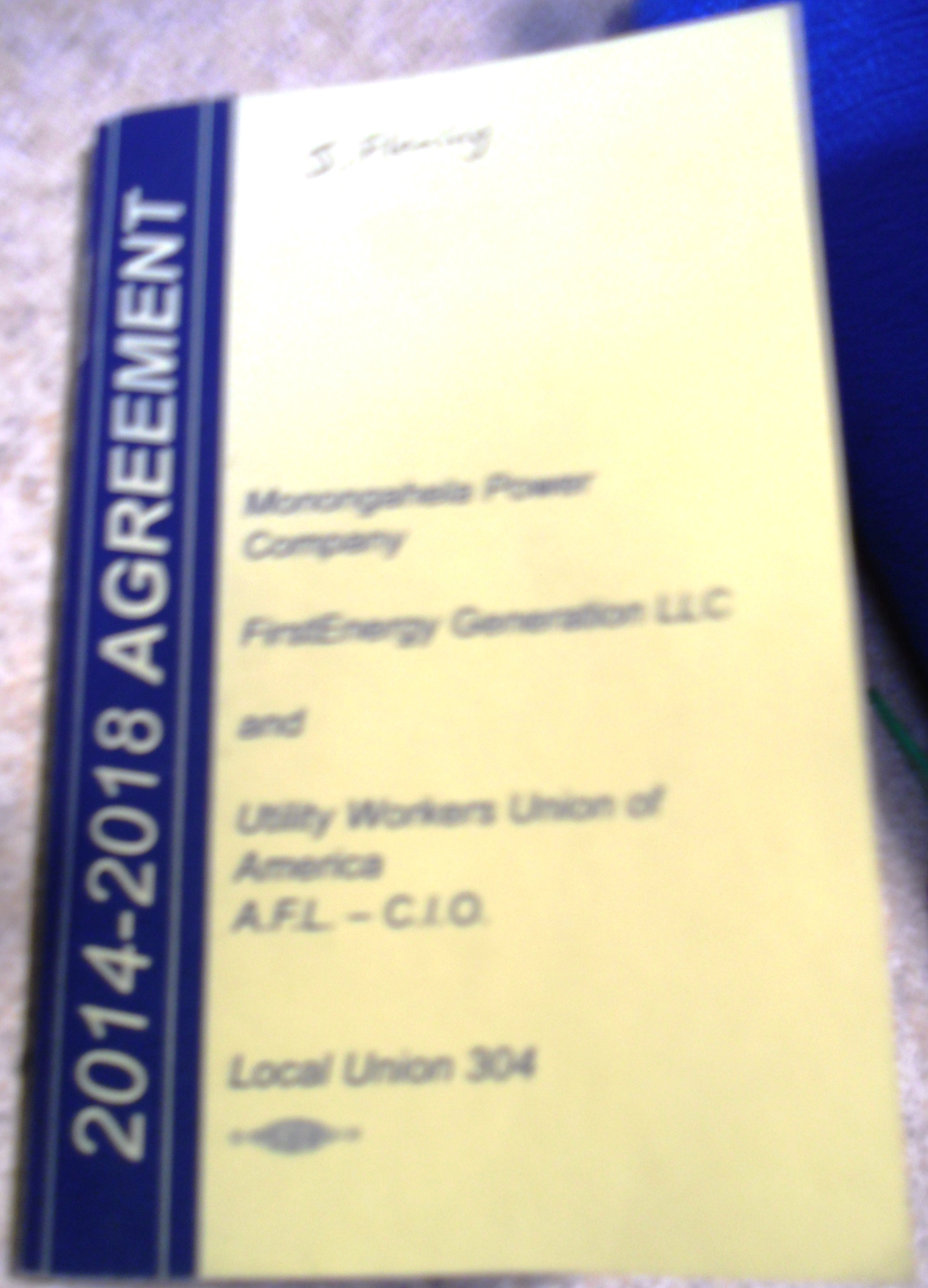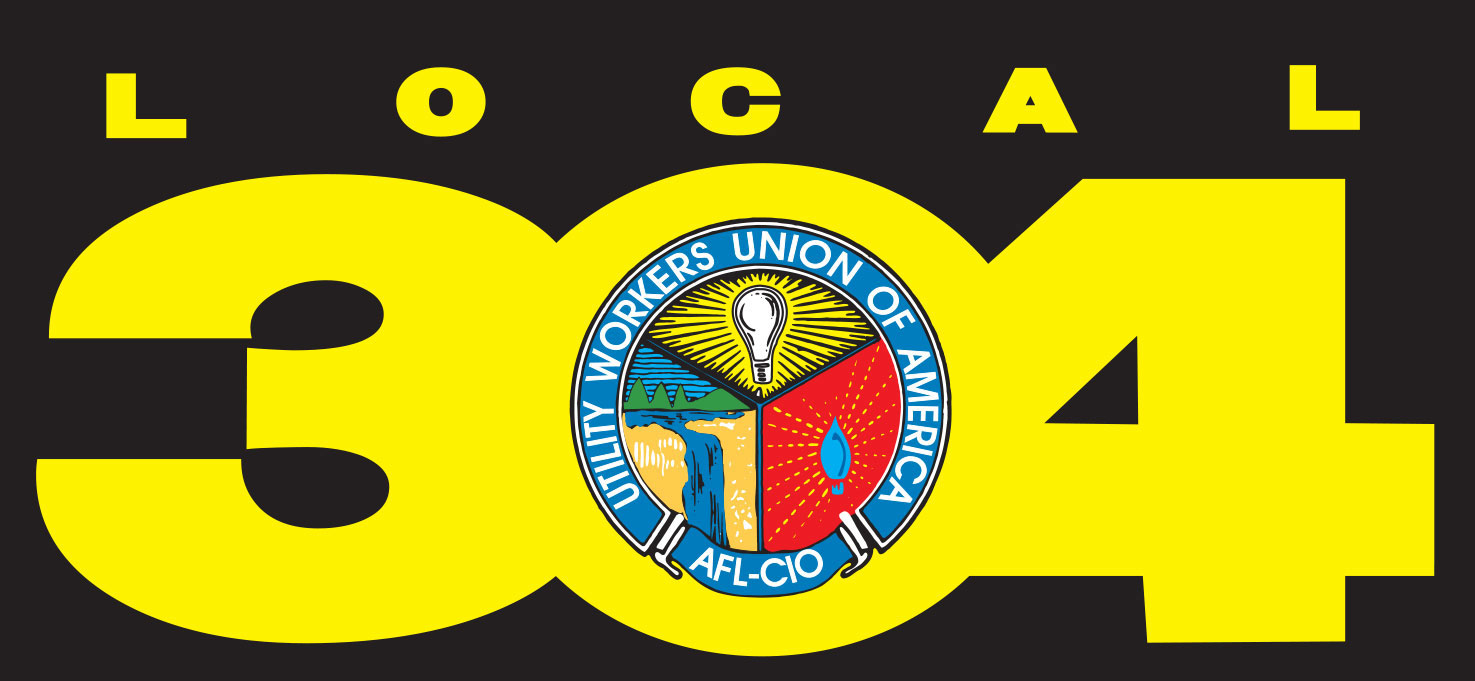
For some, the thought of filing a grievance is intimidating.
Some of the things members fear are:
1. Appearing disloyal or ungrateful for their job.
2. Painting themselves as a target for retrobution by management.
3. Alienating their immediated supervisor.
4. Unsure of the grievance process.
5. Not sure of how their issue relates to the language in the CBA (contract).
What is a grievance?
A grievance is any any dispute that reasonably concerns the application, interpretation, or violation of a collective bargaining agreement, past practice, company rules, or statutory law.
What is grievable?
Answer: anything that happens at work- whether it is in the contract or not- is fair game for a grievance. If it affects your pay, working conditions, seniority, or any other mandatory subjects of bargaining that are in the contract, as well as any local, state, or federal laws; it is probably a grievable offense.
Why are grievances important?
 Grievances protects, enforces, and defines the collective bargaining agreement you work under. Grievances are the way a union holds an employer to their obligations and responsibility to their worker, as agreed across the bargaining table.
Grievances protects, enforces, and defines the collective bargaining agreement you work under. Grievances are the way a union holds an employer to their obligations and responsibility to their worker, as agreed across the bargaining table.
You could have the strongest and best defined union contract in the world, but it is not worth anything if the membership is unwilling to hold the employer to their word.
Inversely, a CBA that may fall short in some important areas to the membership can be further defined and enforced to the satisfaction of the membership through the grievance and arbitration procedure.
Collective Bargaining Agreements are negotiated every 3-4 years. In the meantime, it is the the grievance and arbitration process that gives any CBA it’s value.
Who should I talk to if I think I have a grievance?
Your Shop Steward has recieved special training concerning the CBA, latest talks between your union and the company on various subjects, and specifically on processing and handling grievances.
